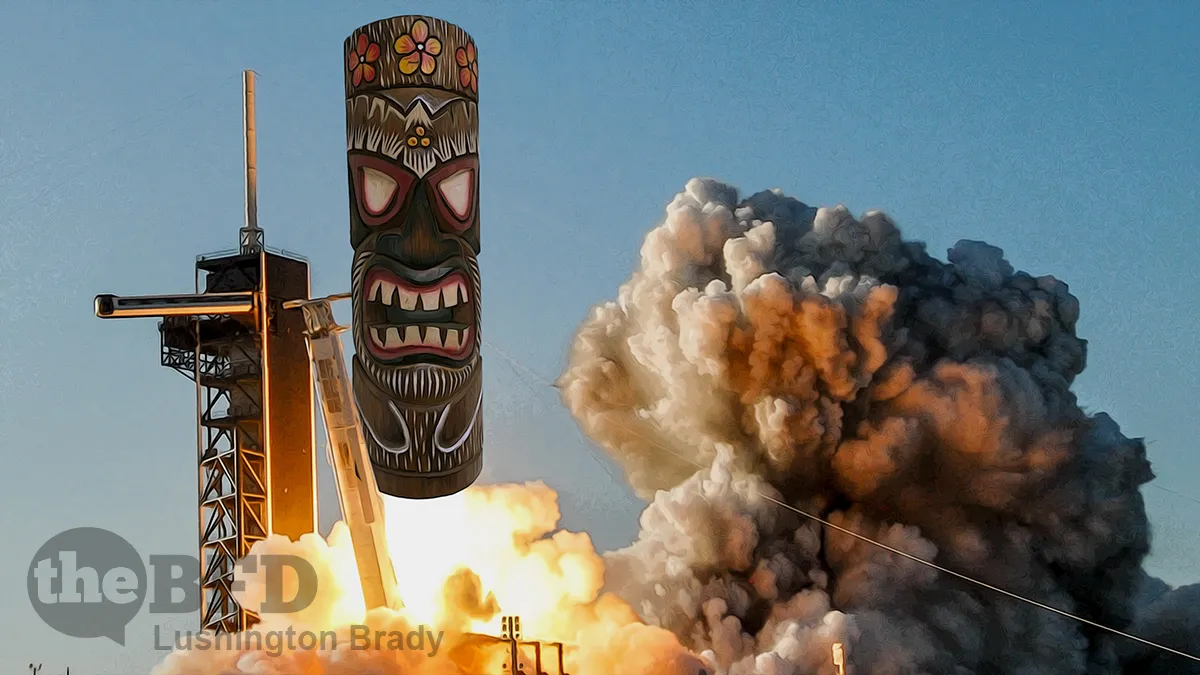Table of Contents
As he waited to be the first American to orbit the Earth, John Glenn famously said to himself, “I sure wish this rocket hadn’t been built by the lowest bidder”. It’s doubtful he would have felt any more secure if NASA had paid a witch-doctor to do a rain dance on the launch pad.
But that sort of nonsensical thinking is apparently what should be guiding New Zealand’s budding space program.
As the nation’s space sector grows, there are concerns Maori voices are being left behind.
That’s nothing: no-one’s even bothered to ask the Kokokulunggur tribe for their input into Australia’s research into quantum computing.
Public consultation on the Government’s Aerospace Strategy and Space Policy Review concluded on Monday, October 31, and has faced criticism for being too rushed for Maori to have meaningful input.
What “meaningful input” would that be?
University of Canterbury pukenga (lecturer) William Grant said […]
Colonisation has resulted in the degradation and subjugation of our matauranga and histories – including our relationship with celestial bodies,” he said.
Stone-aged astrology, in other words. Sure, when you’re developing a space technology, the biggest priority is whether or not you’re going to upset the ooga-booga sky fairies.
To put this nonsense into perspective, imagine the Catholic Church demanding to have input into whether NASA’s next space probe might knock off a few angels in the celestial choir. Or an Imam warning the International Space Station against upsetting the seven layers of sky.
Strip away the primitive mysticism, though, and what it really comes down to becomes plain: a grubby scramble for more taxpayer’s cash.
Dr Pauline Harris (Rongomaiwahine, Ngati Rakaipaka, Ngati Kahungunu) is an associate professor at Massey University’s School of Maori Knowledge and the chairperson of the Society for Maori Astronomy Research and Traditions […said] Maori need to be at the decision-making table and honour Te Tiriti o Waitangi to ensure that their values are upheld.
“For the aerospace strategy and space policy review, discussions with Maori have begun, and it has been recognised that more work needs to be done to better understand the economic aims and aspirations of Maori, and most importantly Maori rights and interests in space,” she said.
Stuff
In other words: money, money, money.
Not content with a grab for the water and political power, Maori activists are out for their slice of the pie in the sky, too.
Stand by for the first “study” to claim that Maori paddled their waka to the moon, shortly after discovering Antarctica.
This is, after all, the sort of infantile tosh that passes for “science” in our “progressive” age.
It goes without saying, too, that as a PIJF-funded puff piece, the Stuff article has no choice but to parrot these ludicrous, government-mandated nostrums.









